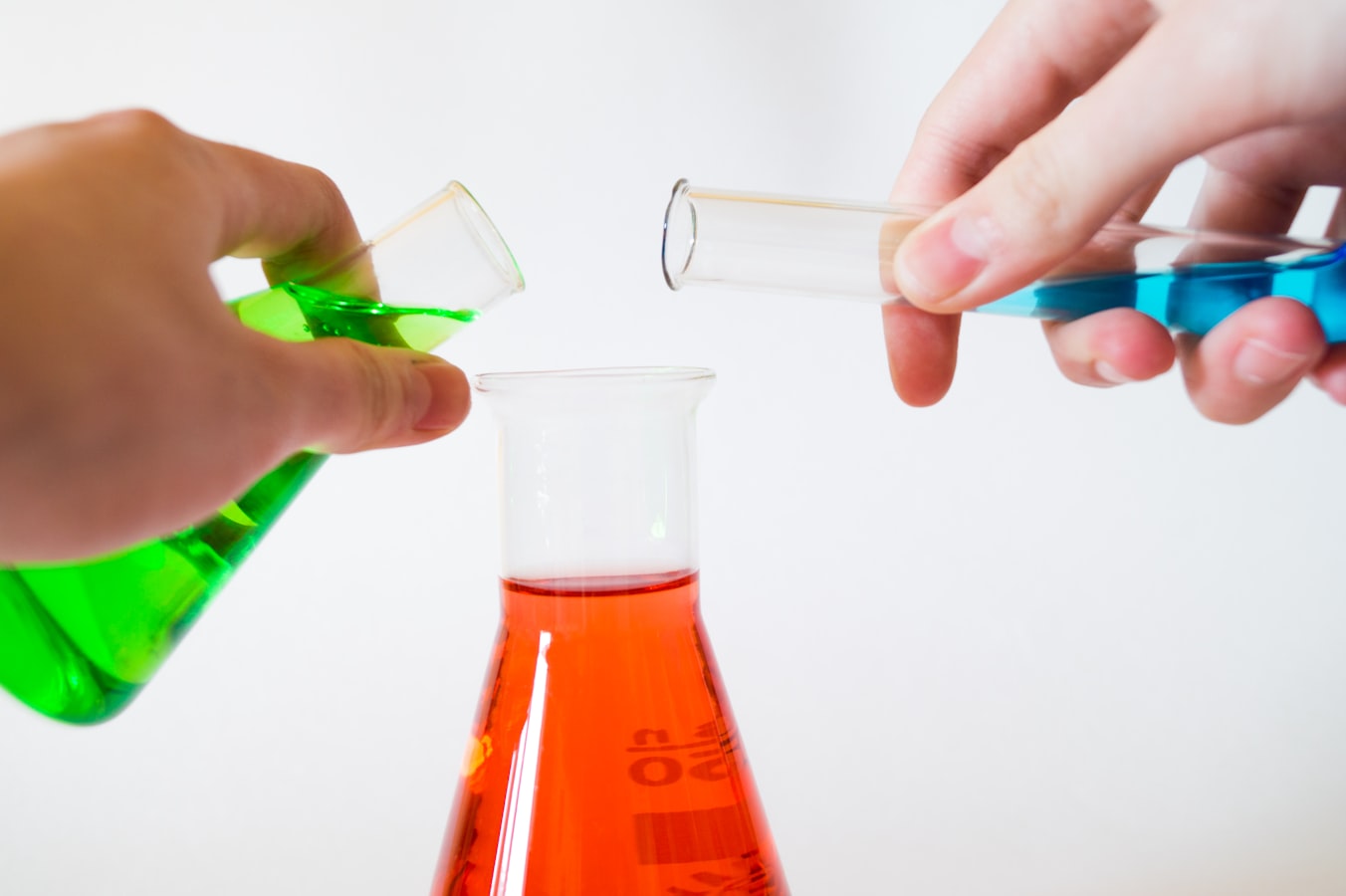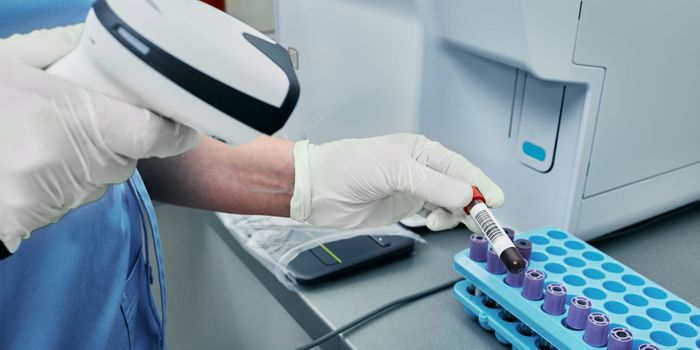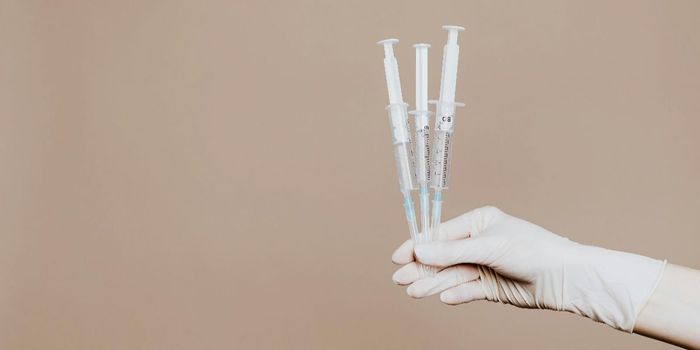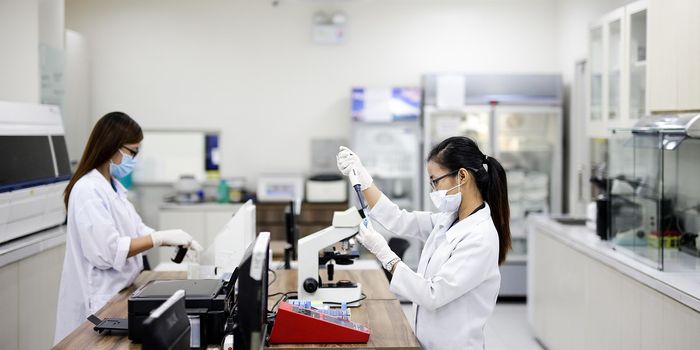Chemotherapeutics react differently to radiation
Patients with various types of cancer are almost always treated with a combination of chemotherapy and radiotherapy. In chemotherapy, therapeutics consist of drugs that inhibit cancer cells from reproducing—however, the side-effects can be cumbersome as the medication often affects the entire body. For radiotherapy, patients undergo targeted radiation to kill the cancer cells at the tumor site.
Now, in a recent study published in the journal EPJ D, scientists from the Leopold-Franzens-University Innsbruck, in Innsbruck, Austria, have examined marker molecules relevant to the context of chemo and radiotherapy. Specifically, researchers wanted to see if these molecules were individually affected by radiation similar to that used in radiotherapy.
Findings showed that particular molecules used in the common chemotherapy drugs are known for being radiosensitisers--these molecules may increase rate of DNA damage in tumor cells. Other chemotherapeutic molecules will prevent the DNA of tumor cells from repairing itself or duplicating. One process involves ionization—which is critical in radiation and the molecules of interest. Ionization involves a radiation particle colliding with a molecule where subsequently an electron is expelled from the molecule.
The presence of water in biological matter was not a striking finding in the study as this is usually the case. However, water does affect ionization process which implicates many studies that involve experiments consisting of stimulating radiation damages that are conducted in the gas phase.
“However, to describe this process in a more realistic setting, the aqueous environment needs to be taken into account,” stated co-author, Stefan Huber
Study authors are hopeful that their findings can eventually improve the way radiation is utilized for cancer treatment.
Source: Science Daily










